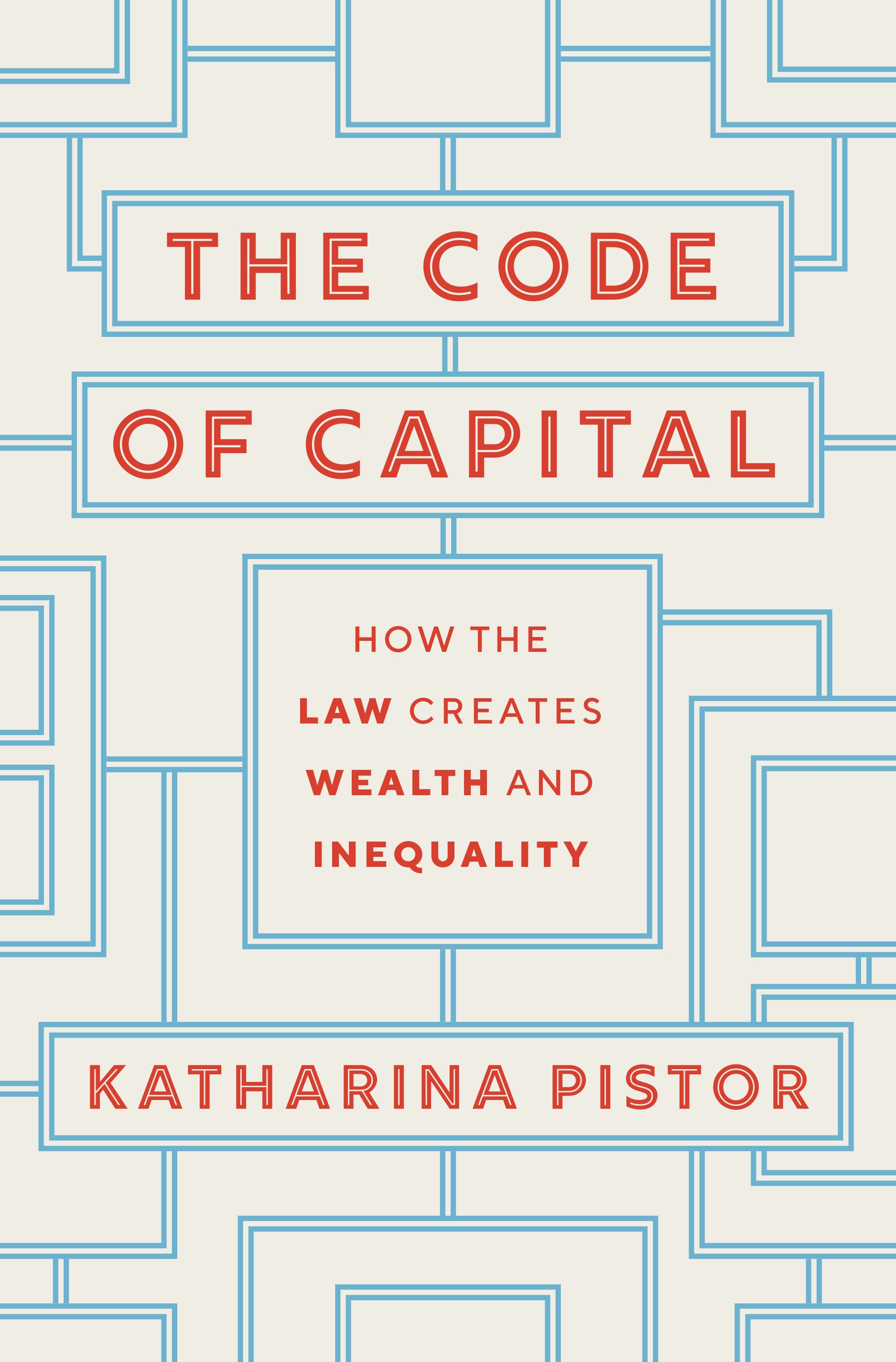Is it too expensive to have a reasonable fair-use regulation?
Published:
I recently stumbled upon a post of ArsTechnica reporting a sort of update about legal proceedings related to generative AI and fair-use. Or, better, a follow up on a number of these proceedings by a very relevant plaintiff: Getty Images. I linked some relevant posts about Getty in a post about the AI act. In a nutshell, however, Getty has sued Stability AI because:
Stability AI had trained Stable Diffusion on “more than 12 million photographs from Getty Images’ collection, along with the associated captions and metadata, without permission from or compensation to Getty Images, as part of its efforts to build a competing business.”
The sad news - or at least what I interpret as a sad news - is that Getty Images CEO has declared that it’s simply too expensive to fight every copyright battle, these days.

My immediate reaction to reading this news was “well, so much to establishing a fair use discipline in the GenAI era”. Quite simply, since so much money has flowed funding initiatives in the GenAI sector, how can even established and legitimate businesses like Getty Images, or the New York Times or even Wikipedia (OK, this is not a business, it’s a crowdsourced initiative offering digital contents through open licenses, but it is suffering from the implications of the rise of AI crawlers) think of defending themselves when even lawsuits are ineffective?
Moreover, part of the strategy of offering some of these chatbots and services basically without entrance fees is aimed at generating a shared feeling that these tools are not just useful, they are necessary! Maybe not the addiction cases that some are reporting, but a more diffused form of dependency, closer to those associated to smartphones, social media, pervasive communication. There’s a reasonably interesting book I can suggest on this topic: “Stolen Focus” by Johann Hari.
Finally, as per a previous comment a few months ago, the GenAI industry is leveraging nationalist feelings against rulings limiting the possibility to do essentially whatever they please with any digital content they can grab, legally or not, in the internet.

The overall combined effect of these points is somewhat clear. Even if some of these lawsuits would find guilty some GenAI company, many could end up being angry at the judge:
- for putting at risk our beloved assistants;
- for helping the Chinese attaining GenAI supremacy.

I’d love to be able to say something enlightening to elaborate why and how it is that we still don’t have a clear fair use discipline in the GenAI era. However, it is a lot better to suggest you reading The Code of Capital - by Katharina Pistor.
